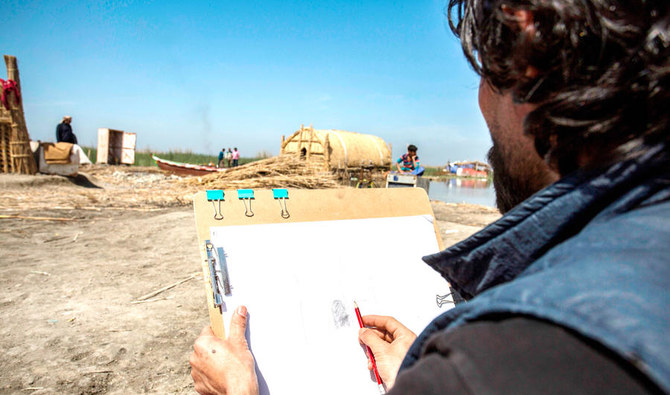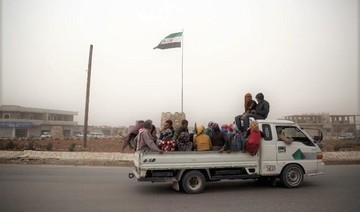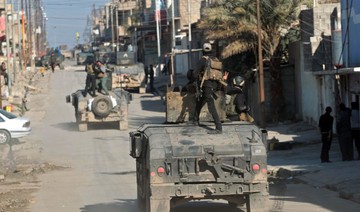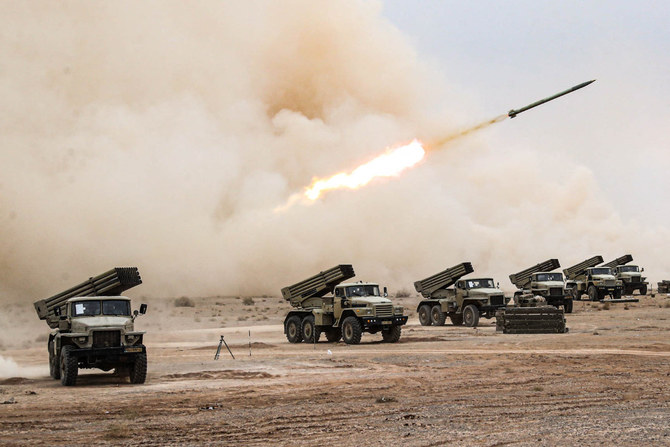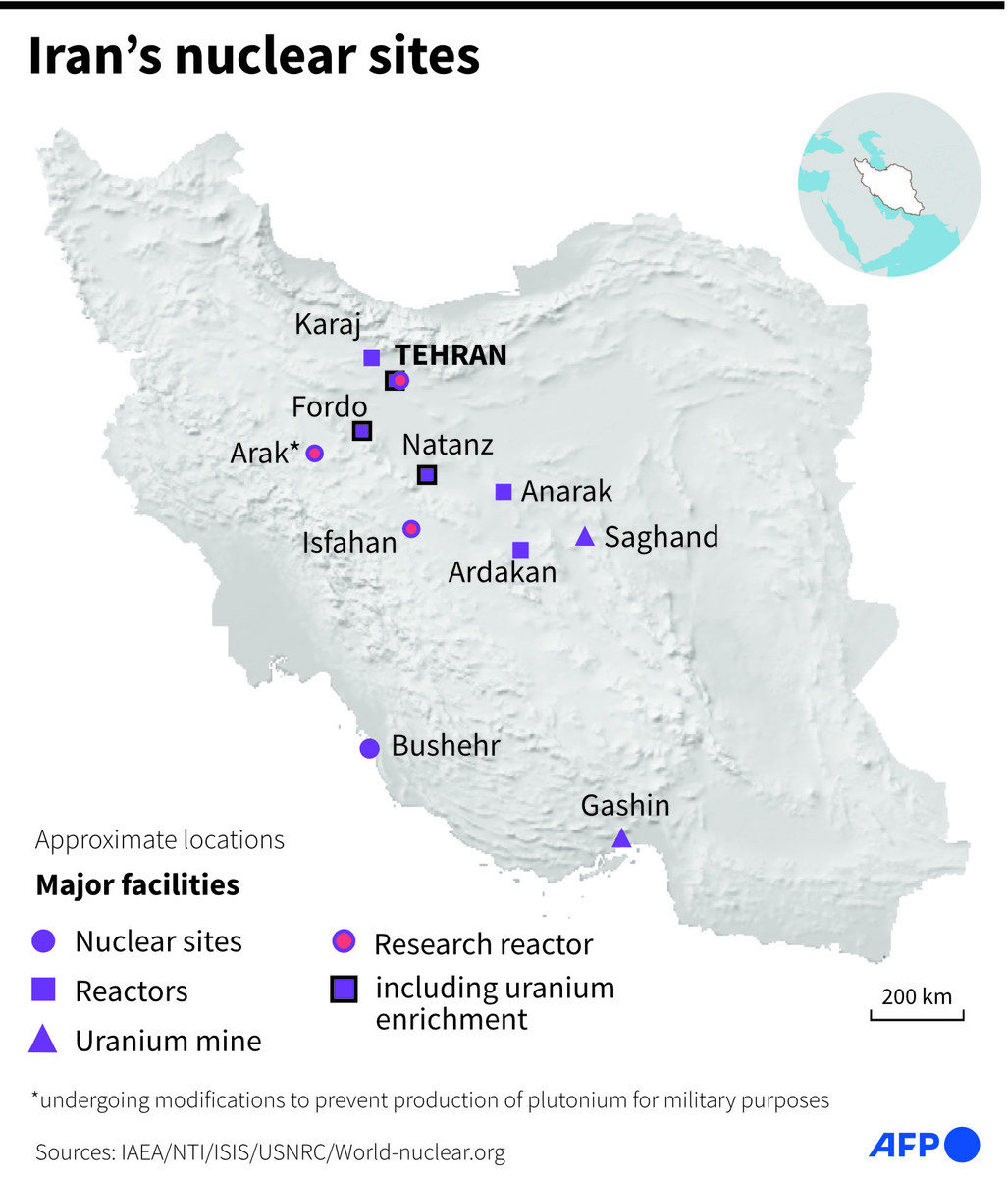CHIBAYISH, Iraq: Thirty years after Saddam Hussein starved them of water, Iraq’s southern marshes are blossoming once more thanks to a wave of ecotourists picnicking and paddling down their replenished river bends.
A one-room home made of elaborately woven palm reeds floats on the river surface. Near it, a soft plume of smoke curls up from a firepit where carp is being grilled, Iraqi-style. A few canoes drift by, carrying couples and groups of friends singing to the beat of drums.
“I didn’t think I would find somewhere so beautiful, and such a body of water in Iraq,” said Habib Al-Jurani.
He left Iraq in 1990 for the US, and was back in his ancestral homeland for a family visit.
“Most people don’t know what Iraq is really like — they think it’s the world’s most dangerous place, with nothing but killings and terrorism,” he said.
Looking around the lush marshes, declared in 2016 to be Iraq’s fifth UNESCO World Heritage site, Jurani added: “There are some mesmerising places.”
Straddling Iraq’s famous Tigris and Euphrates rivers, the Mesopotamian marshes are a rare aquatic ecosystem in a country nearly half of which is covered in cracked desert.
Legend has it, they were home to the biblical Garden of Eden.
But they were also a haven for political opposition to dictator Saddam Hussein, who cut off water to the site in retaliation for the south’s uprising against him in 1991.
Around 90 percent of the once-expansive marshes were drained, and the area’s 250,000 residents dwindled down to just 30,000.
In the ensuing years, severe droughts and decreased water flows from the twin rivers’ source countries — Turkey and Iran — shrunk the marshes’ surface from some 15,000 sq. km. to less than half that. It all culminated with a particularly dry winter last year that left the “ahwar,” as they are known in Arabic, painfully parched.
But heavier rains this year have filled more than 80 percent of the marshes’ surface area, according to the UN, compared to just 27 percent last year.
That has resurrected the ancient lifestyle that dominated this area for more than 5,000 years.
“The water returned, and with it normal life,” said 35-year-old Mehdi Al-Mayali, who raises water buffalo and sells their milk, used to make rich cream served at Iraqi breakfasts.
Wildlife including the vulnerable smooth-coated otter, Euphrates softshell turtles, and Basra reed warbler have returned to the marshlands — along with the pickiest of all species: Tourists.
BACKGROUND
Straddling Iraq’s famous Tigris and Euphrates rivers, the Mesopotamian marshes are a rare aquatic ecosystem in a country nearly half of which is covered in cracked desert. Legend has it, they were home to the biblical Garden of Eden.
“Ecotourism has revived the ‘ahwar.’ There are Iraqis from different provinces and some foreigners,” Mayali said.
A day in the marshes typically involves hiring a resident to paddle a large reed raft down the river for around $25 — not a cheap fare for Iraq. Then, lunch in a “mudhif” or guesthouse, also run by locals.
“Ecotourism is an important source of revenue for those native to the marshes,” said Jassim Assadi, who heads Nature Iraq.
The environmental activist group has long advocated for the marshes to be better protected and for authorities to develop a long-term ecotourism plan for the area.
“It’s a much more sustainable activity than the hydrocarbon and petroleum industry,” said Assadi, referring to the dominant industry that provides Iraq with about 90 percent of state revenues.
The numbers have steadily gone up in recent years, according to Assaad Al-Qarghouli, tourism chief in Iraq’s southern province of Dhi Qar.
“We had 10,000 tourists in 2016, then 12,000 in 2017 and 18,000 in 2018,” he told AFP.
But there is virtually no infrastructure to accommodate them.
“There are no tourist centers or hotels, because the state budget was sucked up by war the last few years,” Qarghouli told AFP.
Indeed, Daesh overran swathes of Iraq in 2014, prompting the government to direct its full attention — and the bulk of its resources — to fighting it back.
Iraq’s government declared victory in late 2017 and has slowly begun reallocating resources to infrastructure projects.
Qarghouli said the marshes should be a priority, and called on the government to build “a hotel complex and touristic eco-village inside the marshes.”
Peak season for tourists is between September and April, avoiding the summer months of Iraq when temperatures can reach a stifling 50 degrees Celsius.
But without a long-term government plan, residents worry that water levels will be hostage to fluctuating yearly rainfalls and shortages caused by Iranian and Turkish dams.
These dynamics have already damaged the marshes’ fragile ecosystem, with high levels of salination last year killing fish and forcing other wildlife to migrate.
Jurani, the returning expatriate, has an idea of the solution.
“Adventurers and nature-lovers,” he said, hopefully.



